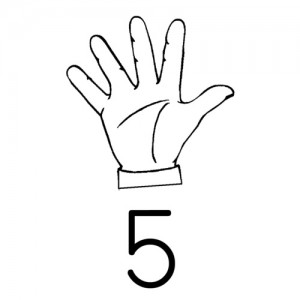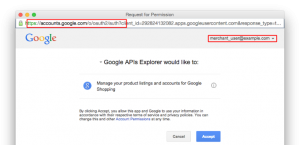There’s an underappreciated relationship between online and offline retail.
According to post-holiday sales data, U.S. overall retail sales were flat or up modestly; however, some traditional retailers saw sales declines to varying degrees. By comparison, online sales were up roughly 19% according to data from Mastercard, which said total holiday retail sales increased 3.4% compared with a year ago.
Macy’s, JCPenney, L Brands, Kohl’s and even Target reported disappointing results. Macy’s said it would close nearly 30 stores, while Pier 1 is closing almost half its stores. Total store closures last year exceeded 9,000 locations.
Mindset: Close stores, push e-commerce
Following lower-than-expected in-store sales, the natural impulse for some retailers is: close stores and push e-commerce. And that may make sense in the abstract. However too many “omnichannel” retailers don’t fully appreciate the symbiotic relationship between stores and online sales. This is reflected most significantly in the still-frequent separation (often with separate P&Ls) of e-comm and store teams.
Euclid Analytics CEO Brent Franson told me in 2017 that when stores disappear, it hurts online sales as well. (Euclid was acquired by WeWork in early 2019.) I haven’t been able to find empirical support for that statement, but direct-to-consumer brand Casper’s S-1 filing contains a similar idea: “Our direct-to-consumer sales in cities where we have opened retail stores have grown over 100% faster on average than cities without a Casper retail store.”
In-store returns boost online sales
In an off the record conversation last November, I was told by a digital commerce executive at a major female apparel retailer that the mention of in-store returns in online ads boosted e-commerce sales. Why? Because people will be more inclined to buy “sight unseen” if they’re confident then can return products in store. And according to data compiled by eMarketer, 75% of online shoppers prefer to return products in-store.
An interesting twist on that concept is the partnership between Kohl’s and Amazon. Kohl’s accepts returns of Amazon products in all its stores. Amazon benefits from more than 1,100 “return centers” (Kohl’s stores) across the U.S. For its part, Kohl’s has said that the policy brings younger buyers into the store, who often go on to buy something.
Local search drives e-commerce too
The in-store return of e-commerce products often results in additional sales. People tend to buy more in a store after returning an online product. And easy returns create support and reinforce brand loyalty.
It also goes the other way. LocalSEOGuide’s Dan Leibson said in a phone interview that many of the firm’s big box retail customers see millions of dollars in online sales being driven by local search and Google My Business. In other words, someone looks for a particular branded store “near me” and then clicks through to the website, ultimately buying something online.
“This is a thing for all major retailers,” Leibson explained. “There’s an underreported amount of revenue coming this way.” In fact Leibson believes that major retailers, paradoxically, should be thinking about local search as a potentially significant driver of e-commerce and optimize their pages accordingly.
BOPIS and consumer agnosticism
This phenomenon also plays off the “omnichannel” paradigm. Consumers are relatively agnostic about where they buy something if they’re confident they can take the product back if it’s not right. This is also reflected in the growth of BOPIS (buy online, pick up in store).
As Deloitte has argued in its “2020 retail industry outlook” report, convenience is a major incentive or issue for consumers: “Whether in the store or online, consumers want a friction-free experience, from finding ideas and inspiration to making purchases, managing returns, and advocating for the brand.”
Convenience is king for consumers
Conversely, when a store fails to deliver on that convenience it can damage shopper loyalty and even the reputation of the brand. I had such an experience with Banana Republic over the holiday when I was not permitted to return a shirt purchased online (that didn’t fit) to one of their stores. I won’t be buying anything more from Banana Republic (online or off).
So, while closing underperforming stores makes economic sense for many distressed retailers they should think carefully about which stores they close and not simply assume that customers will shift their buying behavior to the brand’s online shopping cart.
Marketing Land – Internet Marketing News, Strategies & Tips
(18)









